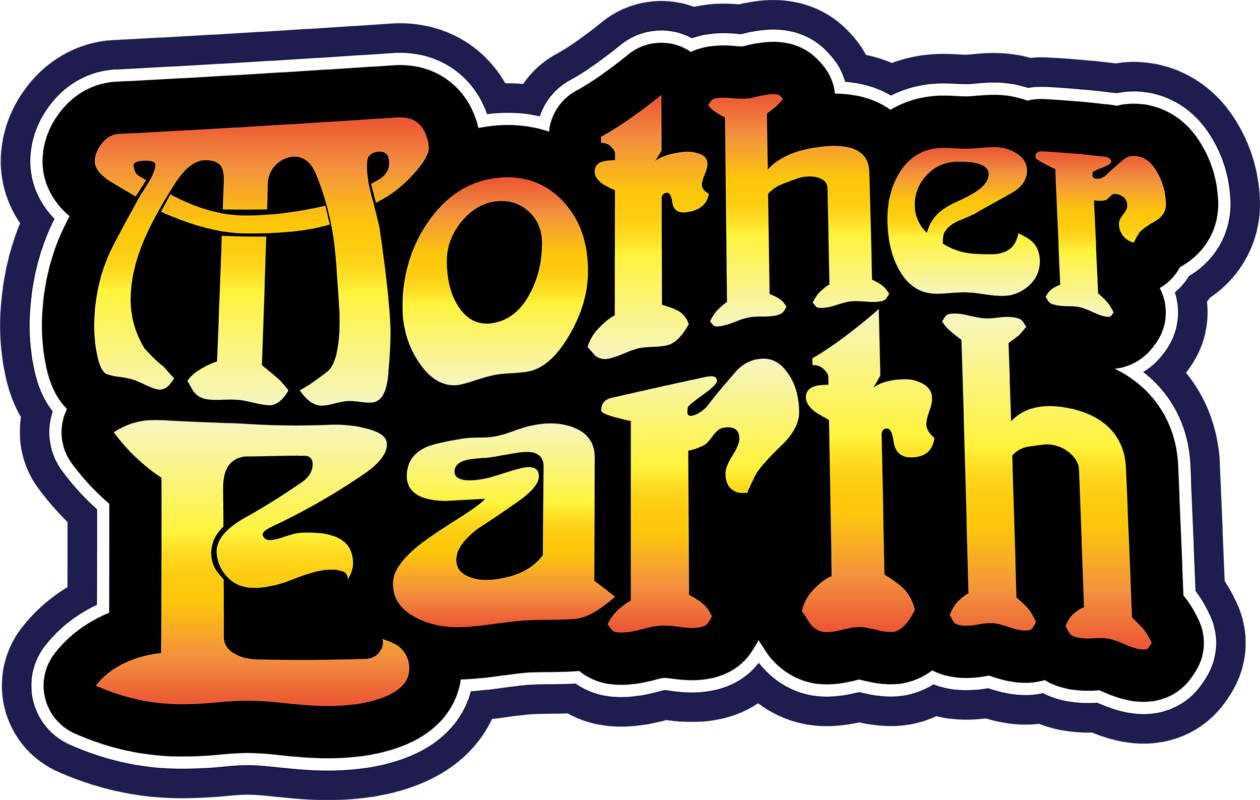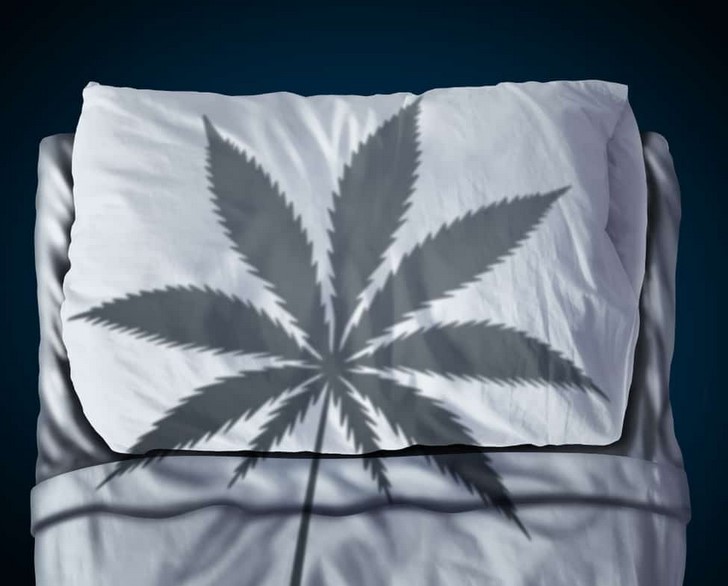Uncategorized
THC For Sleep
The little-eared galago is a good example of how difficult it can be to obtain sleep. However, because many people nowadays struggle with sleeplessness, seeing these uncommon nocturnal creatures may be simpler!
To put it another way, a lack of sleep can have a negative influence on your health. If you don’t get enough sleep during the day, it’ll be nearly hard to be productive and happy.
Fortunately, low-THC hemp has been discovered to help with a variety of sleeplessness symptoms. Many individuals use little doses of THC for sleep problems, according to the Sleep Foundation. According to the Sleep Foundation, at least 70% of marijuana users take this plant for sleeping purposes only.
If you know how to combine THC with phyto-cannabinoids and terpenes, you’ll be able to fall asleep faster. However, an incorrect mix of chemicals might keep you awake all night. Conduct research before using low-dose THC for sleep to see what approach has the most potential for success.
THC’s Chemical Compounds
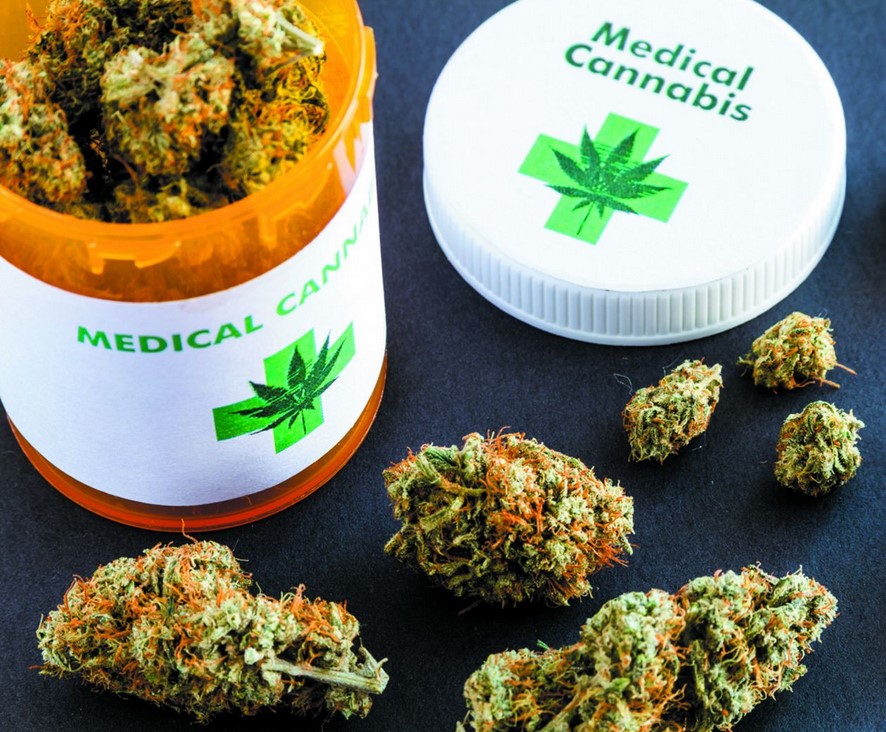
Tetrahydrocannabinol (THC) is one of the main chemical components found in cannabis, and it’s behind the “high” that people associate with it. THC is also a powerful sleep aid since it activates by binding to CB1 cannabinoid receptors in the brain. These receptors are involved to some degree in regulating sleep-wake cycles, but additional research is needed. THC is also effective in regulating sleep, according to studies. THC mimics the effects of melatonin (and may even enhance melatonin production) in your body, which is the neurotransmitter that controls sleep. In other words, when THC binds to the cannabinoid receptor, the receptor sends messages to your body that induce sleep and promote deeper slumber. Because marijuana strains with a high THC content are often effective as a sleep aid, they tend to have a high THC level.
Causes of Insomnia Targeted by THC
Sleep disorders are a prevalent issue, as demonstrated by the statistics. Between 50 and 70 percent of American adults suffer from some form of sleep problem, according to the most recent data from the American Sleep Association. Short sleeping duration is reported by 37% of 20-39 year-olds and 40% of people aged 40-59 years old, while 35.3% of individuals acknowledge getting less than the required 7 hours of rest in a 24-hour period. Cannabis is a beneficial sleep aid since it aids in the correction of your body’s natural sleep-wake rhythms, which many people struggle to keep up with as they buckle under the burden of modern life and societal expectations.
What is Insomnia?
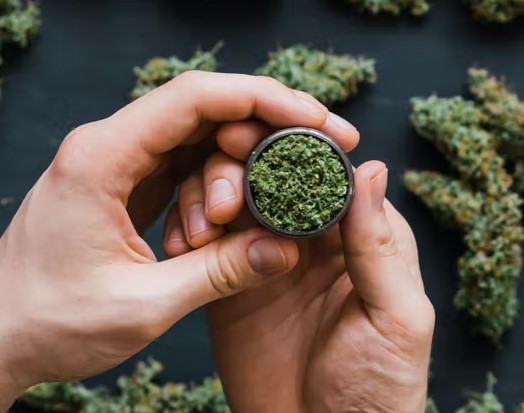
Insomnia (also known as sleeplessness) is an ailment that makes individuals unable to fall asleep or stay sleeping. Daytime drowsiness, sadness, irritation, low energy levels, and a generally bleak and terrible mood are all common symptoms.
Insomnia has the potential to produce a slew of problems, including learning and attention difficulties, as well as decreased motor skills that may result in life-threatening accidents. Insomnia is an illness characterized by difficulty sleeping and linked to stress, chronic pain, heart disease, menopause, and caffeine or nicotine consumption.
The ideal approach to get rid of sleeplessness without using prescription medicine (which may be habit-forming and have dangerous side effects) is to stick to a healthy sleep regimen that includes exercise, sunshine, and a regular bedtime and wakeup time.
The bedroom’s condition is also significant; it should be clean and airy, peaceful and dark. It’s more common for people over the age of 65 to suffer from insomnia, according to studies, however it’s becoming increasingly prevalent among younger people. According to research, women are more likely than males to have sleeplessness as a result of their sleep cycle running earlier than men’s.
Different types of insomnia
Insomnia is a term used to describe sleeping difficulties. In this instance, “insomniac” refers to someone who has trouble falling asleep at the start of the night’s sleep, which is associated with anxiety-related problems.
Insomnia is defined as a struggle to fall asleep or stay asleep. People who have this condition are frequently able to fall asleep quickly, but when they do, they wake up immediately and have a hard time going back to sleep.
Acute insomnia is a condition characterized by sleeplessness that lasts for a few days, usually as a result of a major occurrence such as good or bad news. Acute insomnia is frequently self-limiting since it generally goes away on its own.
Chronic insomnia is a persistent problem that entails difficulties sleeping at least three nights each week for three months. Chronic sleeplessness, on the other hand, is a long-term illness characterized by chronic sleep deprivation.
Co-morbid sleeplessness happens when your sleeplessness is linked to another problem, such as depression or anxiety, both of which are recognized to disrupt sleep. owing to their discomfort, chronic pain patients are frequently unable to completely relax and fall asleep.
Cannabis contains many different natural chemicals that affect sleep
There are hundreds of natural chemical components in cannabis that impact sleep and sleep cycles. We’ll look at cannabinoids and terpenes, two key elements of cannabis, today.
Does THC Work For Sleep?
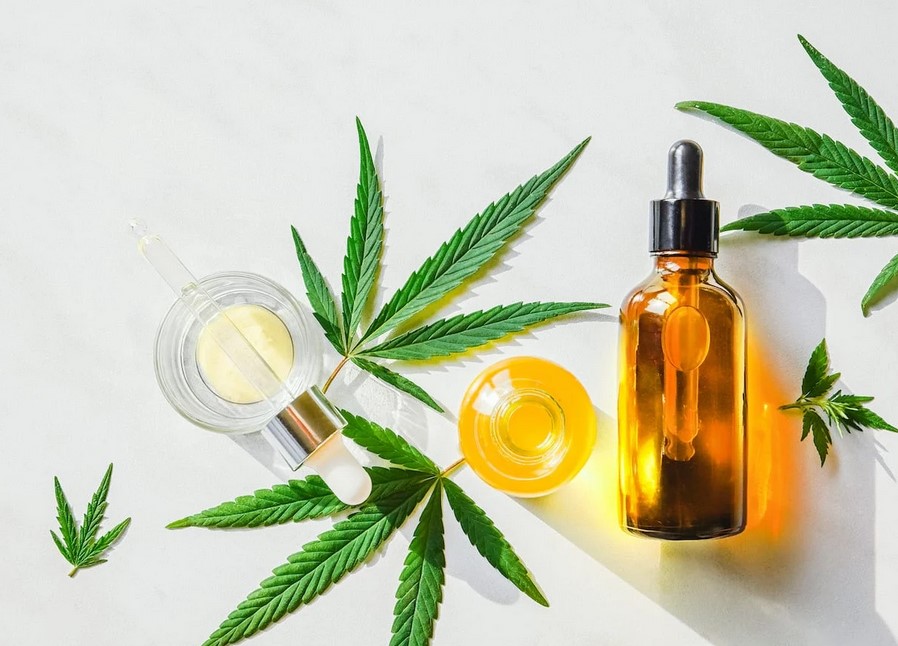
In all of the research, THC has been shown to have a positive impact on sleep in the short term. THC was found to improve sleep latency in those with PTSD at Palo Alto University. To put it another way, compared to controls, cannabis helped people fall asleep faster than they would on their own.
THC, on the other hand, has been observed to produce more sleep disturbances in long-term users. According to the Sleep Foundation, people who consumed more THC over the week had poorer sleep quality. Patients who received little or no THC doses, on the other hand, reported a better sense of sleep quality.
Although THC makes patients feel drowsy, it appears to have the most therapeutic effect when used in smaller amounts. This is why microdosing THC has grown so popular among people seeking help for sleep issues.
CBD During Sleep
Cannabidiol (CBD), a non-psychoactive cannabinoid present in hemp oil, promotes relaxation and may be found there.
We spoke about current scientific evidence demonstrating that CBD has a wide range of health advantages, including sleep. (I’ve written about CBD before: you can read more here and here.) CBD does not have psychotropic effects; as a result, there is no “high” associated with it. According to researchers, CBD works to regulate or counteract the psychoactive high produced by THC.
Cannabidiol, a chemical component found in cannabis, is now recognized for having the potential to treat anxiety, pain, improve mental clarity, and help people sleep. According to studies, CBD also shows the potential to improve attention and reduce daytime drowsiness. CBD appears to reduce anxiety while having no effect on sleep-wake cycles.
Cannabinoids
More than 100 cannabinoids have been isolated from the cannabis plant, according to researchers. Many are being studied for their health advantages, including sleep and other disease states such as anxiety and depression, neurodegenerative disorders such as Alzheimer’s and Parkinson’s disease, seizure disorders, various cancer types, and chronic pain.
Cannabinoids are chemicals found in cannabis that act as sleep aids. Three cannabinoids with the most well-known effects on sleep are known.
What Should You Look For When Shopping For Low-THC Hemp Oil?
Customers should be aware that THC does not function on its own. While many studies suggest that THC has sedative effects, the hemp flower may be chemically altered by other cannabinoids and terpenes.
CBD has also been found to alter a person’s circadian rhythm. CBD, unlike THC, is considered to make people drowsy since more of it is consumed. As a result, strains with above-average CBD concentrations could be well suited for nighttime use because they are drowsier
There are a few cannabis terpenes that are more sedating. Myrcene, which is derived from fruits, has a lot of promise as an all-natural sleep aid. Linalool, another important terpene for sleep, isn’t really that surprising given its link to lavender!
Hemp strains in the indica family have been shown to have the optimal ratio of terpenes and cannabinoids for sleep. Despite the fact that our CBD hemp is non-psychoactive, customers claim that there is a considerable difference between sativas and indicas. You may read more about
When it comes to late-night marijuana buds, we recommend sticking with well-known full-bred indicas from the Kush family. Cannaflower now produces hemp versions of Bubba Kush and OG Kush, which have extremely high CBD/THC ratios.
Enjoy Sweet Dreams With Cannaflower’s Low-THC Nugs
CBD, like THC, has a sedative effect when consumed. CBD can help you relax before bedtime if taken in small doses. You will feel calm later in the day if you choose a high-indica strain with good reviews for late-day use and consume it before going to bed.
We suggest taking one of Cannaflower’s low-THC hemp strains 45 minutes before bed. To get the most out of these flowers, combine them with other doctor-approved sleep health methods such as drinking red wine or using lavender oil. To get the most out of it, turn all of your digital gadgets off an hour before going to sleep. You may also use Cannaflower’s low-THC nuggets with melatonin-rich meals like goji berries or cherries to improve your sleep.
If you’re stumped as to which Cannaflower indica CBD strain to select, keep in mind that we make custom Effects packages. Whether you pick hemp flowers, pre-rolls, or CBD oils, these distinct items are made with care to produce certain effects. Our Calm or Rest packages, for example, may aid with anxiety management.
